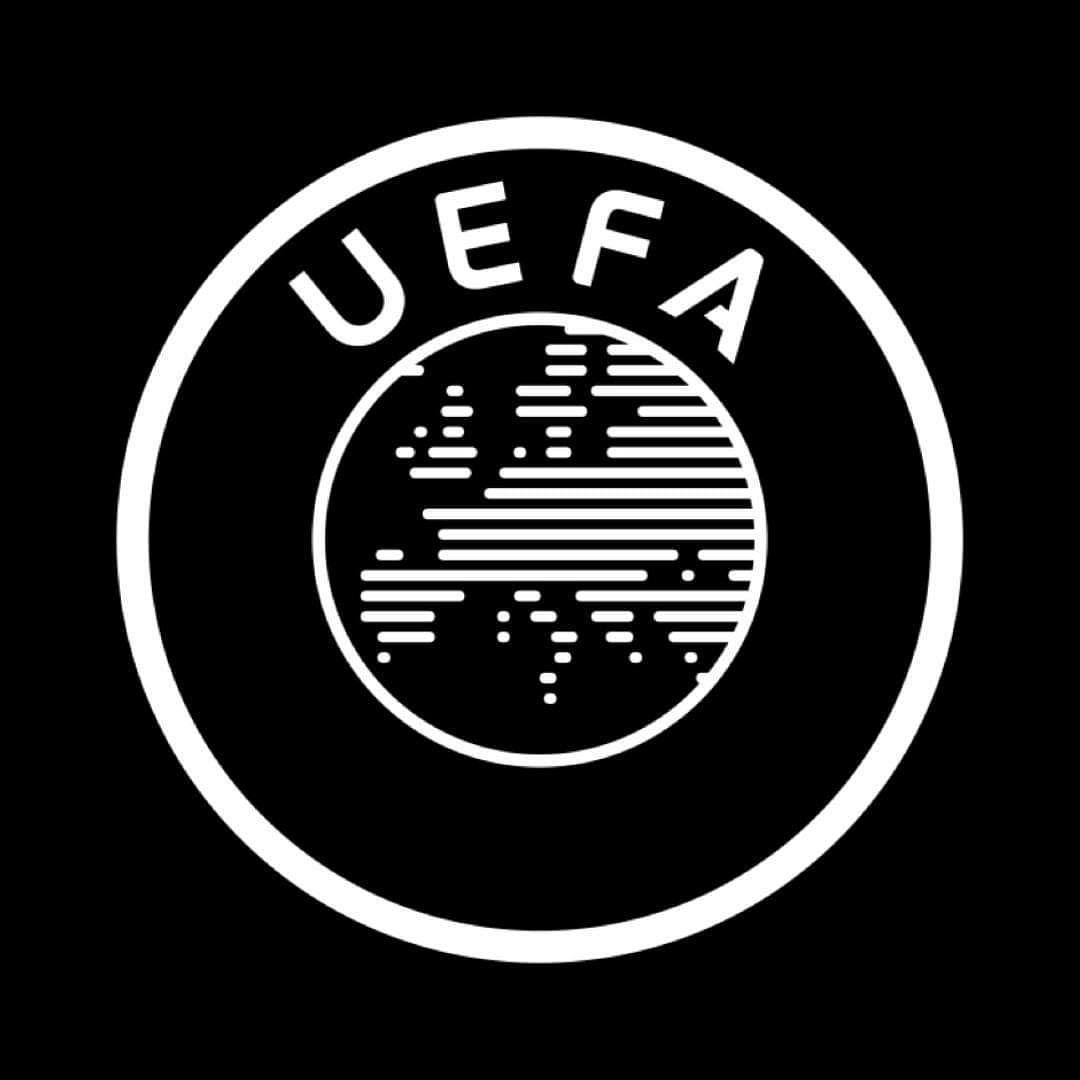
FFP in football: UEFA's role, accusations of breaches, and EA Sports FIFA as a digital example for FFP implementation
Financial Fair Play (FFP) is a set of regulations established by UEFA, the governing body of European football, to promote financial stability and sustainability in football clubs.
The regulations require clubs to balance their expenses with revenues, encourage responsible spending, and prevent them from accumulating unsustainable debt levels. FFP also seeks to ensure a level playing field for clubs by preventing wealthy owners from using their wealth to gain an unfair advantage over other clubs.
Under these regulations, clubs are required to submit their financial reports to UEFA on an annual basis. These reports are then reviewed to ensure that the clubs operate within their means and are in compliance. Clubs that breach the regulations may face penalties, including fines, transfer bans, and exclusion from UEFA competitions.
While FFP has been criticized for being too restrictive and limiting clubs' ability to compete with wealthier teams, it has also been credited with promoting financial responsibility and helping stabilize football clubs' finances across Europe. FFP has been in place since 2011 and has undergone several revisions to address concerns and improve effectiveness.
How is FFP implemented in European football?

The implementation of FFP in European football involves a series of measures and regulations designed to promote financial sustainability and prevent clubs from overspending. These measures are enforced by UEFA, the governing body of football in Europe, and apply to all clubs participating in UEFA competitions.
To implement FFP, UEFA requires clubs to submit detailed financial reports on an annual basis. These reports must demonstrate that the club's revenue is greater than or equal to its expenses and that they are not accumulating unsustainable debt levels. UEFA then reviews these reports to ensure that clubs comply with FFP regulations.
UEFA may also conduct additional investigations into clubs suspected of breaching FFP regulations. These investigations may involve reviewing the club's financial records, interviewing club officials, or requesting additional information. If a club is found to be in breach of FFP regulations, it may face penalties, including fines, transfer bans, or even exclusion from UEFA competitions.
Implementing FFP is a complex process requiring the cooperation and compliance of all clubs participating in UEFA competitions. By enforcing these regulations, UEFA aims to promote financial stability and sustainability in European football and to ensure a level playing field for all clubs.
Potential loopholes in the implementation of FFP
While FFP is designed to promote financial stability and sustainability in European football, several potential loopholes in its implementation may allow clubs to circumvent the regulations.
One potential loophole is the use of creative accounting practices to conceal the actual financial state of the club. For example, a club may inflate its revenue by including non-football-related income or undervaluing its expenses to make it appear as if they comply with FFP regulations.
Another potential loophole is the use of sponsorship agreements to bypass FFP regulations. Clubs may sign lucrative sponsorship deals with companies owned by their owners, inflating their revenue and allowing them to spend more on player transfers and wages than they otherwise could. While UEFA does review these sponsorship agreements to ensure that they are fair and reasonable, there is a risk that some clubs may use them to bypass FFP regulations.
Finally, implementing FFP may be weakened by the need for more transparency and cooperation among football clubs. While UEFA has the authority to investigate and penalize clubs that are found to be in breach of FFP regulations, some clubs may be able to avoid detection by concealing their financial transactions and engaging in other forms of financial misconduct.
Additionally, some clubs may be unwilling to cooperate with UEFA investigations, making it difficult for UEFA to enforce FFP regulations effectively.
Manchester City, Paris Saint-Germain, Chelsea, and FFP

Manchester City, Paris Saint-Germain (PSG), and Chelsea are some football clubs accused of circumventing FFP regulations in recent years. These clubs have been able to spend large amounts of money on player transfers and wages, despite restrictions under FFP.
One way in which these clubs have managed to circumvent FFP regulations is by inflating their revenues through sponsorship deals with companies that are linked to their owners. For example, Manchester City were found to have received inflated sponsorship payments from companies associated with their owner, Sheikh Mansour, which allowed them to spend more on player transfers and wages than they would have otherwise.
Similarly, PSG have been accused of using its relationship with the Qatar Tourism Authority to bypass FFP regulations. The club reportedly received substantial payments from the tourism authority in exchange for promoting Qatar as a tourist destination, which allowed them to increase their spending on player transfers and wages.
Another way in which these clubs have circumvented FFP regulations is by using offshore companies and shell corporations to conceal their true financial state. Chelsea, for example, were found to have used an offshore company to conceal a portion of their sponsorship income, which allowed them to bypass FFP regulations.
These clubs have also been accused of inflating their revenue through creative accounting practices. For example, Manchester City were found to have undervalued their expenses. It overstated its revenue in its financial reports, allowing them to appear as though they were complying with FFP regulations when, in fact, they were not.
EA Sports FIFA: How the digital game highlights the importance of adhering to FFP principles

EA Sports FIFA is a popular video game franchise with a game mode called Ultimate Team, which allows players to build their team by acquiring player cards through in-game purchases or earning them through gameplay. In several ways, the Ultimate Team game mode highlights the importance of adhering to Financial Fair Play (FFP) regulations in European football.
First, the game mode has a salary cap that limits how much players can spend on their team's wages. The salary cap is designed to mimic FFP regulations in European football, which aim to promote financial stability and sustainability by limiting clubs' spending on player wages.
Second, the game mode includes a transfer market where players can buy and sell player cards with in-game currency. This transfer market also includes a price cap that limits the amount players can spend on individual player cards. This price cap helps prevent player price inflation that can occur when clubs overspend on player transfers, which is another issue that FFP regulations aim to address.
Finally, the Ultimate Team game mode rewards players for adhering to FFP regulations through its squad-building challenges. These challenges require players to build a team within certain restrictions, such as using only players from a specific league or nationality. By completing these challenges, players can earn in-game rewards that can help them build a stronger team without overspending on player transfers and wages.
Overall, the Ultimate Team game mode in EA Sports FIFA highlights the importance of adhering to FFP regulations in European football by simulating salary caps, transfer market regulations, and squad-building challenges designed to promote financial stability and sustainability in the sport.